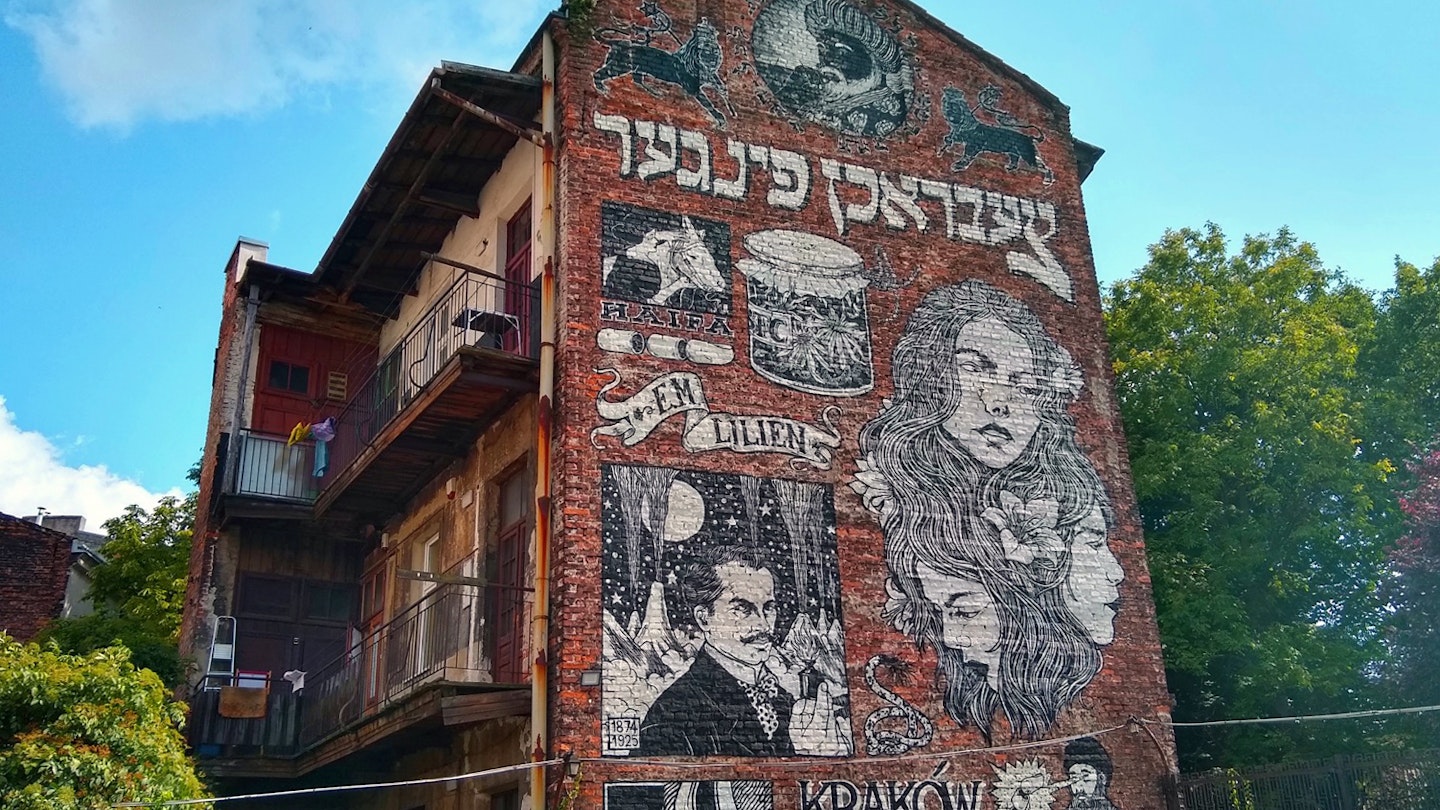Jewish history in Poland spans over a millennium, establishing the country as a focal point of European Jewish life. Notably, Krakow has always served as Poland’s cultural capital, particularly in the old Kazimierz neighborhood, which is immortalized in Yiddish poetry and celebrated for its vibrant Jewish culture.
Despite the catastrophic effects of the Holocaust on Poland’s Jewish community, recent signs indicate a promising revival. Both Jews and Gentiles in Poland are rediscovering their shared heritage, leading to a resurgence of Jewish life and culture in Krakow.
Krakow’s Jewish History: An Introduction
In the 1300s, King Kazimierz the Great ruled over the Kingdom of Poland, relocating the capital to Krakow. He established castles and universities while granting Jews special rights and protections that facilitated land ownership and religious practice. This era of stability allowed the Jewish community to flourish, with Poland housing up to 80 percent of the world’s Jewish population, with Krakow as its pulsating heart.
By 1939, during the onset of the Nazi invasion, approximately 25 percent of Krakow’s inhabitants were Jewish. Sadly, World War II and the ensuing nearly five decades under Communism resulted in the near extinction of Poland’s Jewish population and the desolation of neighborhoods like Kazimierz. The journey of recovery has been long and challenging.
For centuries, Poles and Polish Jews cohabitated, deeply entwined in a shared ancestry. By the early 21st century, however, only remnants of this relationship lingered.
Rediscovering a Shared History
In the 1980s, a Catholic teenager, Janusz Makuch, realized that his hometown of Pulawy had once held a 50 percent Jewish populace, despite having never encountered a Jew. This epiphany propelled him into exploring Polish Jewish heritage, ultimately leading to the establishment of the Jewish Culture Festival in 1988.
Over three decades, this festival has blossomed into the largest of its kind, featuring hundreds of events that celebrate Jewish arts and culture. Staffed predominantly by young, non-Jewish Poles, the festival has played a vital role in revitalizing Jewish life in Krakow. The Kazimierz neighborhood has been transformed. It is now a lively urban area brimming with a harmonious blend of hipster energy and Jewish heritage.
While Krakow always attracted Holocaust visitors, with sites like the infamous Auschwitz concentration camps just an hour away and Oskar Schindler’s factory now a museum, a more profound rejuvenation is occurring amongst Kazimierz’s historic streets.
Szeroka Street, once the heartbeat of everyday Jewish life in old Kazimierz, has transformed into a pedestrian-friendly boulevard lined with Jewish, Polish, and Israeli eateries. Ariel, a prominent and authentic Jewish restaurant, serves classic Yiddish dishes such as chopped liver and gefilte fish, accompanied by charming decor and lively klezmer music.
At the far end of Szeroka, visitors will discover the Old Synagogue, one of the oldest in Europe dating back to the 1400s, as well as the Remuh Synagogue, adjacent to a poignant Jewish cemetery.
Coming Back from the Brink
Strolling west from Szeroka, one can encounter street art that commemorates Krakow’s Jewish heritage alongside trendy hummus bars adorned with Hebrew script. The synthesis of historical elements and modern flair creates a distinctive atmosphere.
One notable example is Hevre, a restaurant, bar, and event venue located in the heart of Kazimierz. Situated in a former Jewish school and prayer house, Hevre now offers contemporary takes on traditional dishes, complete with craft beers and cocktails favored by the vibrant young crowd. The faded original Hebrew murals remain on the walls, preserving a link to the past while fostering appreciation for the current cultural landscape.
This commitment to honoring history enriches daily life in modern Kazimierz, where one can find a mix of touristic souvenirs alongside establishments like Cheder, a Jewish café and educational space, as well as the Galicia Jewish Museum and the Jewish Community Center (JCC), which provide Jewish education and community services.
Although some may question the ethics of commercializing Jewish history, it is undeniable that Jewish life in Krakow is stepping back into the spotlight.
During the recent Jewish Culture Festival, Hevre hosted a Sabbath show in its event space, featuring traditional songs performed by a diverse group of Jews and Gentiles. Clearly, while the journey is still ongoing, the community is reconnecting, with Friday night Sabbath celebrations once again flourishing in the heart of Krakow.





